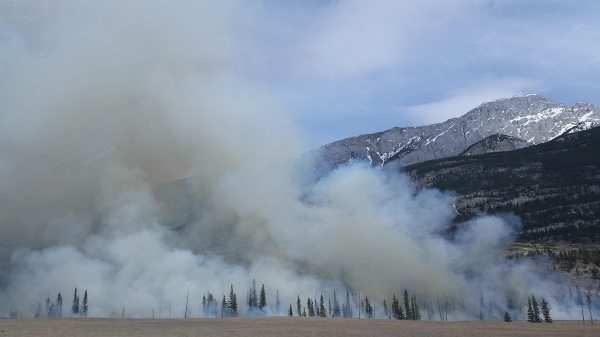Exposure to fire smoke—which can be composed of particulate matter, gases, materials from buildings such as perfluoroalkyl and polyfluoroalkyl substances (PFAS), toxic metals, and carcinogenic compounds—may alter the immune system on a cellular level, according to a new study led by researchers at Harvard T.H. Chan School of Public Health.
Exposure to fire smoke—which can be composed of particulate matter, gases, materials from buildings such as perfluoroalkyl and polyfluoroalkyl substances (PFAS), toxic metals, and carcinogenic compounds—may alter the immune system on a cellular level, according to a new study led by researchers at Harvard T.H. Chan School of Public Health. The study is the first to examine the specific cellular changes associated with fire smoke exposure, documenting how smoke can damage the body through the immune system.
“We’ve known that smoke exposure causes poor respiratory, cardiac, neurological, and pregnancy outcomes, but we haven’t understood how,” said corresponding author Kari Nadeau, John Rock Professor of Climate and Population Studies and chair of the Department of Environmental Health. “Our study fills in this knowledge gap, so that clinicians and public health leaders are better equipped to respond to the growing threat of difficult to contain, toxic wildfires.”
The study was published June 26 in Nature Medicine.
Read more at Harvard T.H. Chan School of Public Health
Photo Credit: jkburton via Pixabay




